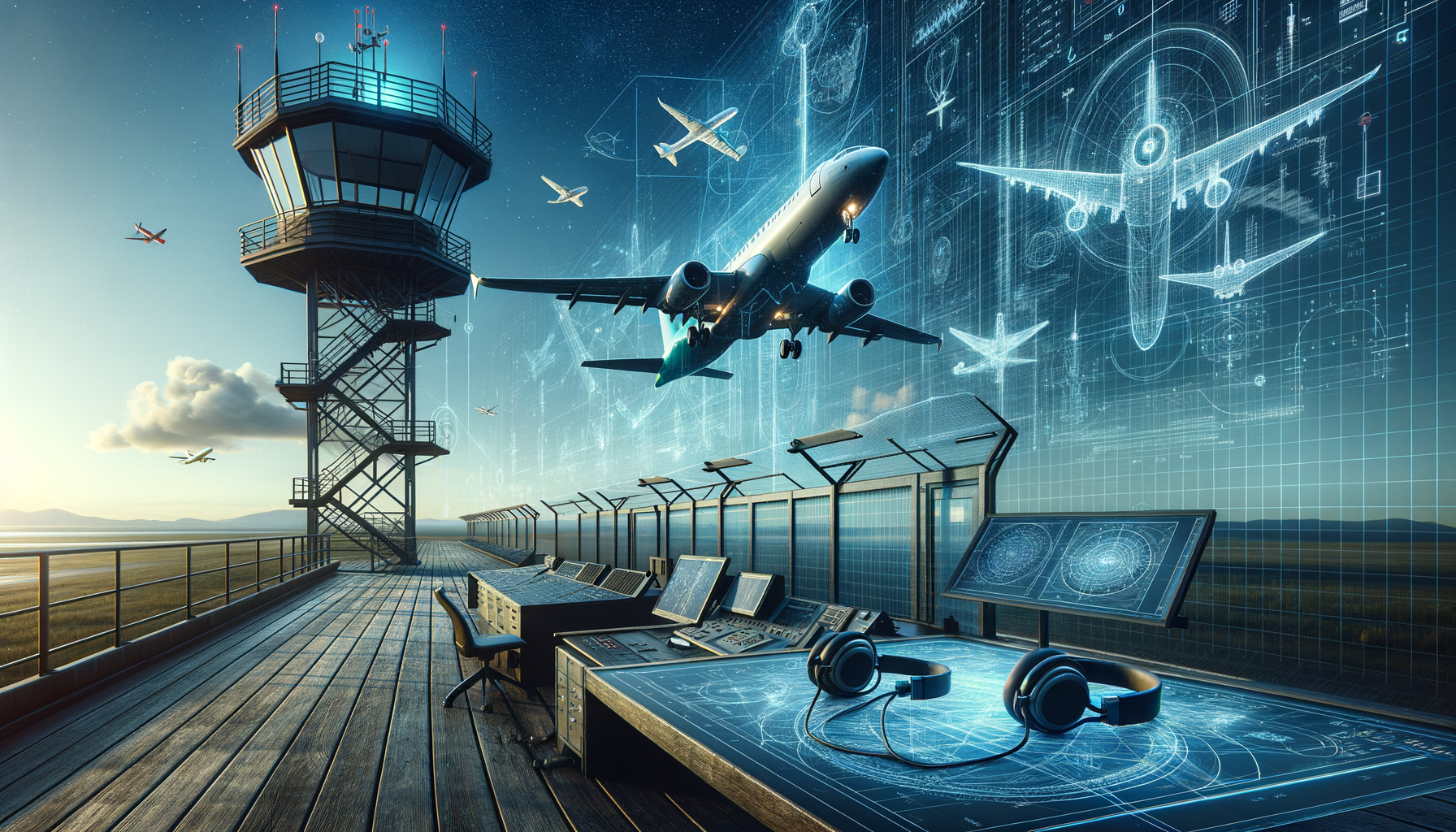Understanding Aviation Training: An Overview
Aviation training is a comprehensive process that prepares individuals for various roles within the aviation industry, ranging from pilots to air traffic controllers. This training is crucial not only for ensuring the safety and efficiency of air travel but also for maintaining the high standards expected in this dynamic field. The importance of aviation training cannot be overstated, as it forms the backbone of an industry that connects the world. With the aviation sector continuously evolving, training programs are designed to keep pace with technological advancements and regulatory changes.
A typical aviation training program includes a mix of theoretical knowledge and practical skills. Trainees learn about aircraft systems, navigation, meteorology, and aviation regulations. Practical training often involves simulators and, eventually, real-world flying or operational scenarios. This dual approach ensures that trainees are well-prepared to handle the complexities of the aviation environment.
Moreover, aviation training is not limited to pilots. It encompasses a wide range of roles, including maintenance technicians, cabin crew, and airport operations staff. Each of these roles requires specialized training to meet specific industry standards. For instance, maintenance technicians undergo rigorous training to ensure aircraft safety and reliability, while cabin crew training focuses on passenger safety and service excellence.
The Path to Becoming a Pilot
Becoming a pilot is a dream for many, but it requires dedication, discipline, and a significant investment of time and resources. The journey typically begins with obtaining a Private Pilot License (PPL), which allows individuals to fly for personal reasons but not for compensation. This initial stage involves learning the basics of flying, including takeoffs, landings, and navigation, under the guidance of a certified instructor.
After obtaining a PPL, aspiring pilots can pursue a Commercial Pilot License (CPL), which is necessary for those who wish to fly professionally. This stage involves more advanced training, including night flying, instrument flying, and complex aircraft operations. It also requires passing a series of written exams and accumulating a certain number of flight hours.
For those aiming to fly large commercial aircraft, further training is required to obtain an Airline Transport Pilot License (ATPL). This is the highest level of pilot certification and involves extensive training in multi-engine aircraft, crew resource management, and advanced navigation systems. The ATPL is a prerequisite for becoming a captain on commercial flights.
Throughout this journey, pilots must also maintain their skills through ongoing training and regular assessments. This ensures they remain proficient and up-to-date with the latest industry standards and safety protocols.
Beyond Pilots: Other Aviation Careers
While pilots often receive the most attention, the aviation industry offers a wide array of career opportunities beyond the cockpit. Air traffic controllers play a critical role in ensuring the safe and efficient movement of aircraft in the sky and on the ground. Their training involves mastering complex communication protocols and understanding airspace management.
Aircraft maintenance technicians are another vital component of the aviation industry. They undergo specialized training to inspect, repair, and maintain aircraft to the highest safety standards. This role requires a keen eye for detail and a thorough understanding of aircraft systems and regulations.
Cabin crew members are trained to ensure passenger safety and comfort. Their training covers emergency procedures, first aid, and customer service skills. They are the face of the airline and play a crucial role in shaping the passenger experience.
Airport operations staff, including ground handlers and dispatchers, are essential for the smooth functioning of airport activities. Their training focuses on logistics, coordination, and safety protocols to manage the complex operations of an airport environment.
The aviation industry is vast and diverse, offering numerous career paths for those interested in being part of this exciting field. Each role is integral to the industry’s success, and comprehensive training ensures that all personnel are equipped to perform their duties effectively.








